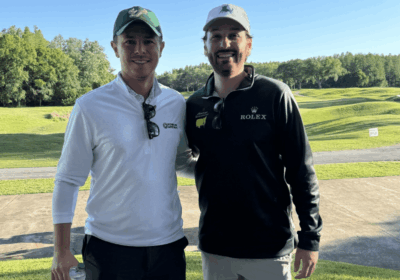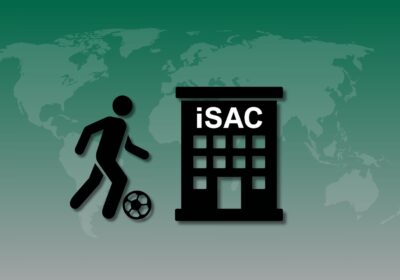USF Community Soccer Forum offers insight on college recruiting

In the face of constantly evolving standards for U.S. youth and college soccer, the process of recruiting talent has been turned up a notch.
Now more than ever, there are new variables and obstacles to consider at the youth level. But with detailed recruiting comes a deeper growth of a game.
That was the general consensus of USF soccer coaches Denise Schilte-Brown and Bob Butehorn and former players — Sky Blue FC striker Evelyne Viens and Portland Timbers goalkeeper Jeff Attinella. They took part in the USF Community Soccer Forum via a Zoom conference Thursday.
The coaches and former players offered advice on the growth of youth soccer in the Tampa Bay area to local coaches.
Like the youth level, collegiate soccer is a step on the ladder to going pro. But the jump from youth to college soccer offers its own challenges.
“It doesn’t become too real until it’s almost on top of kids and on top of coaches,” Schilte-Brown said. “You kind of go to college games and you’re just a fan and it’s something quite separate until all of a sudden, it’s upon you.”
The value of learning technical skills through practice is necessary, but taking the time to study the game is just as critical, especially early on in the recruiting process, according to Schilte-Brown.
“Every college plays a little bit different. They have a little bit of a different style,” she said. “It’s important again to go to the games to see if your style as a player suits that coach and that university you’re interested in.”
Along with studying positions, tactics and game flow, listening to coaches is essential. Youth players often compare advice from coaches to what is heard from parents, which isn’t always heeded, according to Butehorn.
“One of the big things that the youth coaches do in this day is give really good advice early on, but it sometimes sounds like parental guidance,” Butehorn said. “And one of the things I would say to most coaches and most players, understand that the advice you’re getting there is not this loud, screaming sound in your ear. It’s really good advice.”
When looking at the bigger picture, lessons learned through youth and college coaches as well as experiences lead to the ultimate goal of reaching the highest level possible.
But aspirations of playing professionally can be stifled by the pressure of performing, especially at a young age, according to Attinella.
“It’s a little bit discouraging that so many parents and kids are really focused on the end goal,” he said. “Whether it’s to get to college, whether it’s to get to pro … to reach that level and to really learn through sports and learn through soccer, it’s about enjoying the process and just taking it step by step to enjoy the process to eventually reach your end goals.”
Making it to the professional level should be the last thing on a young soccer player’s mind, according to Attinella.
“I coach a lot of goalies out here and I don’t know how many times parents come to me and say, ‘my son or my daughter really wants to be a pro … how do I get them to be a pro?’ and they’re stressing out about things that are happening when they’re 14, 15 years old,” Attinella said.
“When I was 14 or 15 years old … that was the last thing on my mind.”
Attinella didn’t offer the key to becoming a professional soccer player, but he shared the philosophy that kept him on the path to pros, something that he thinks is important for youth soccer players and coaches to understand.
“There’s a process, there’s setbacks, there’s things that you have to learn,” Attinella said. “The more that you have coaches and support systems trying to get kids to trust that process, trust that if they’re doing the right things daily or weekly, then the results will come.”







